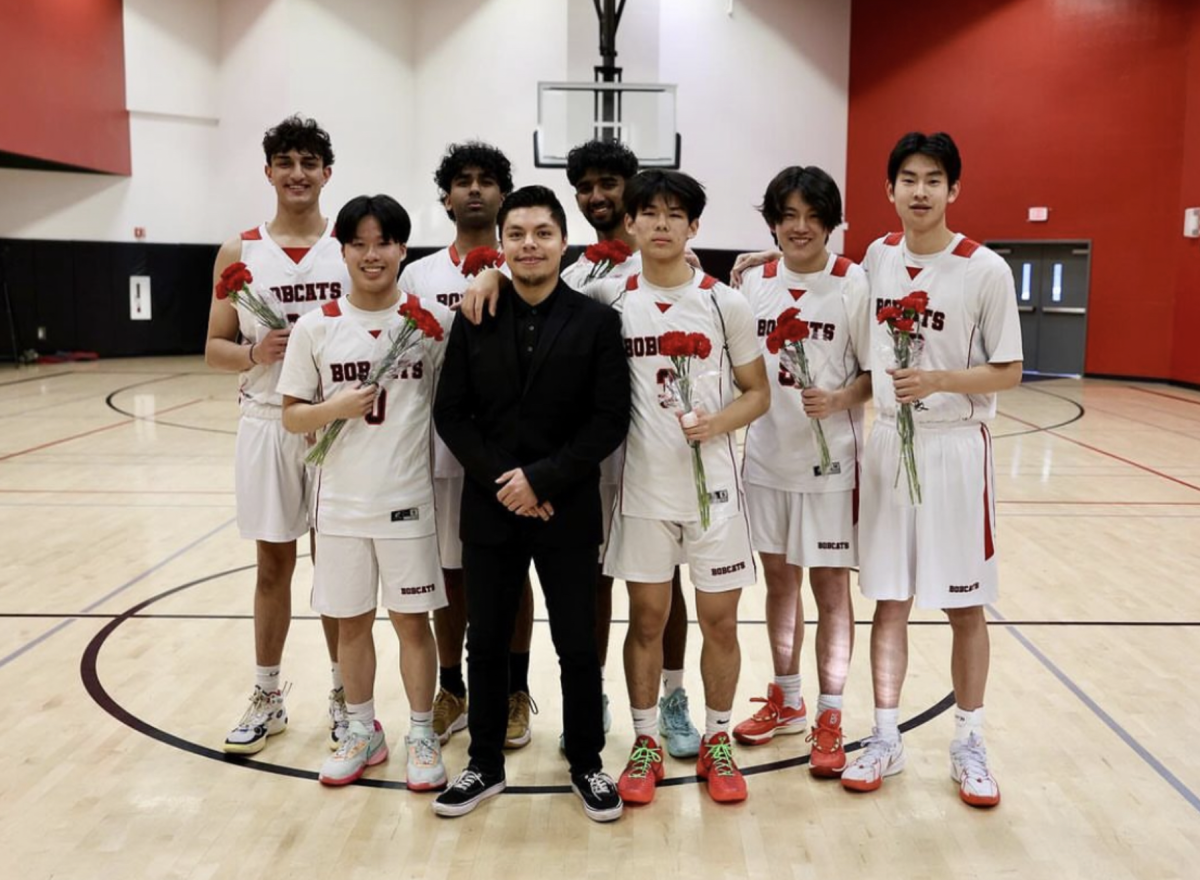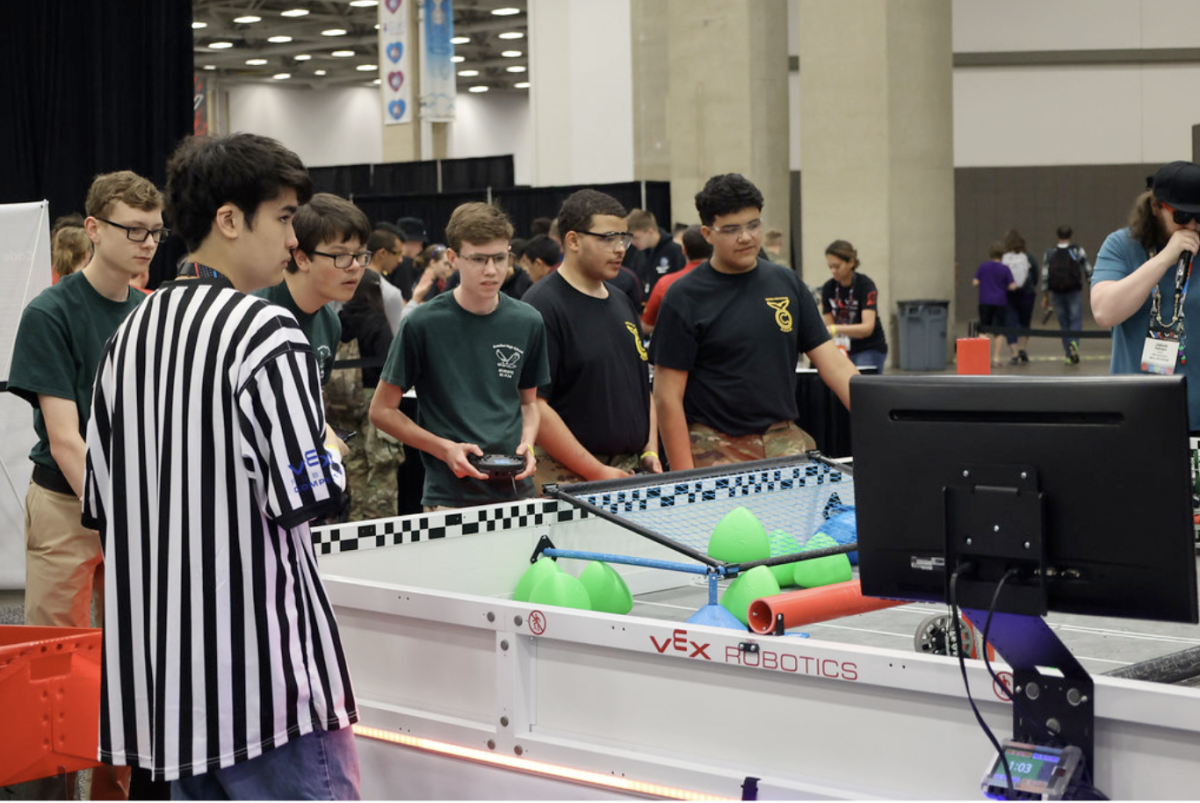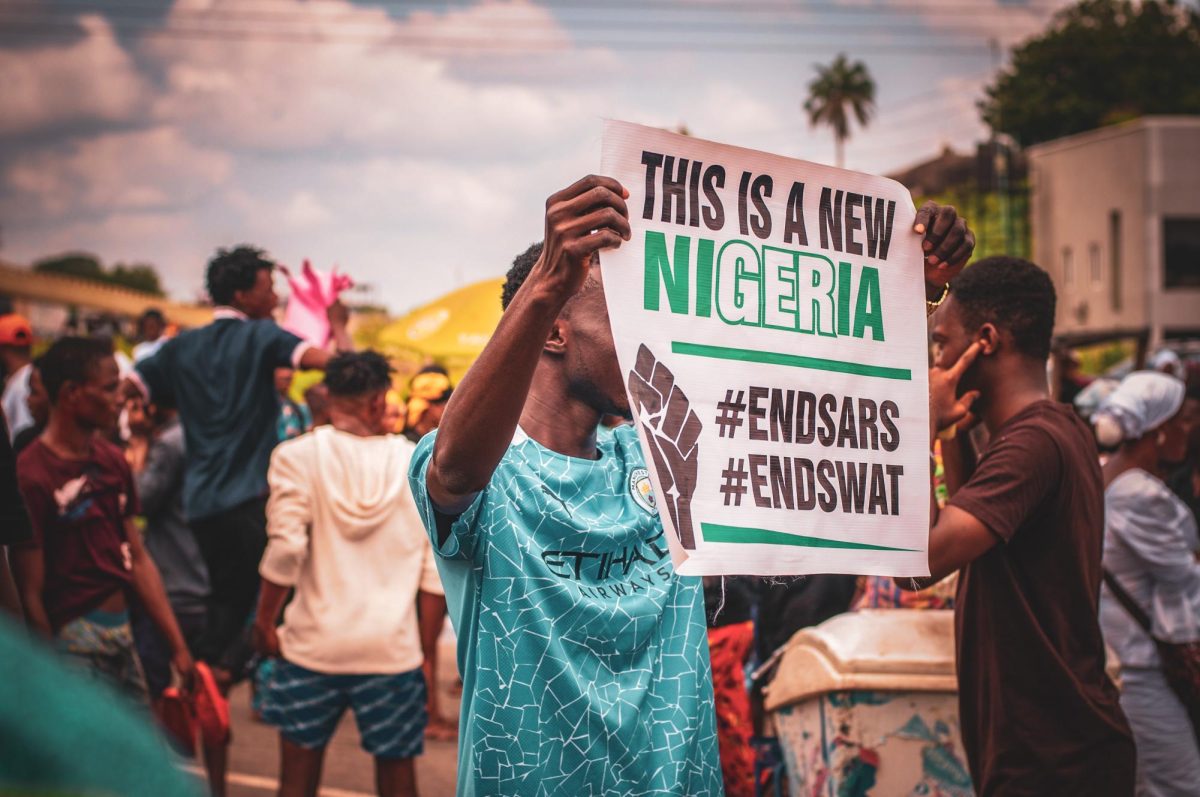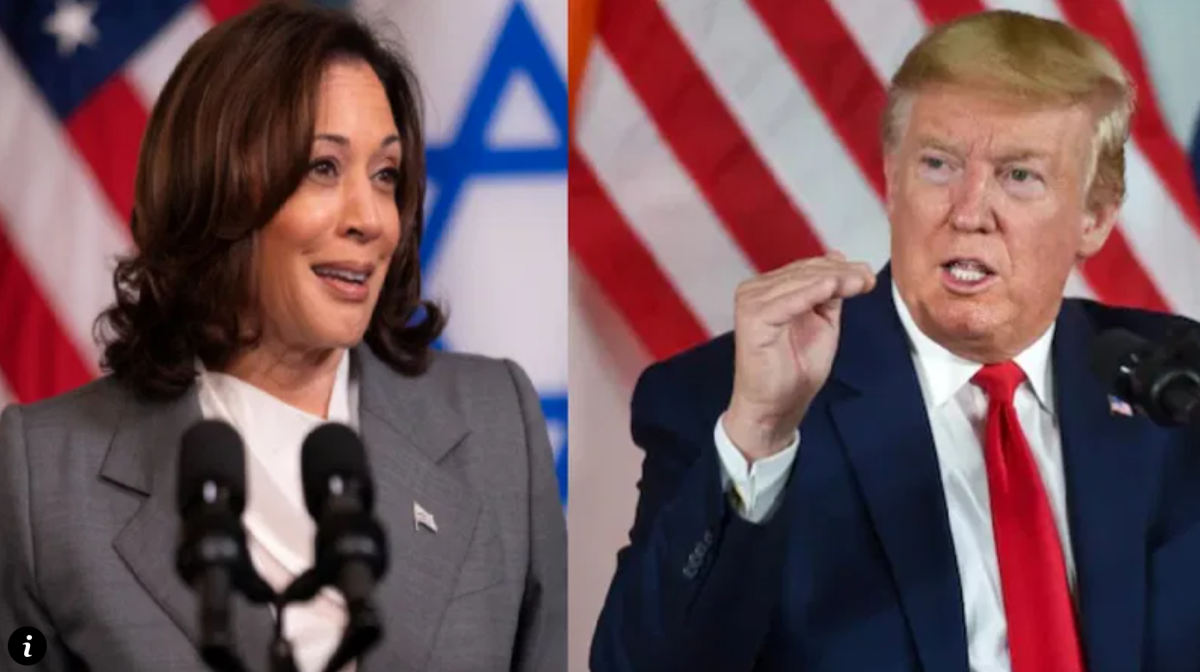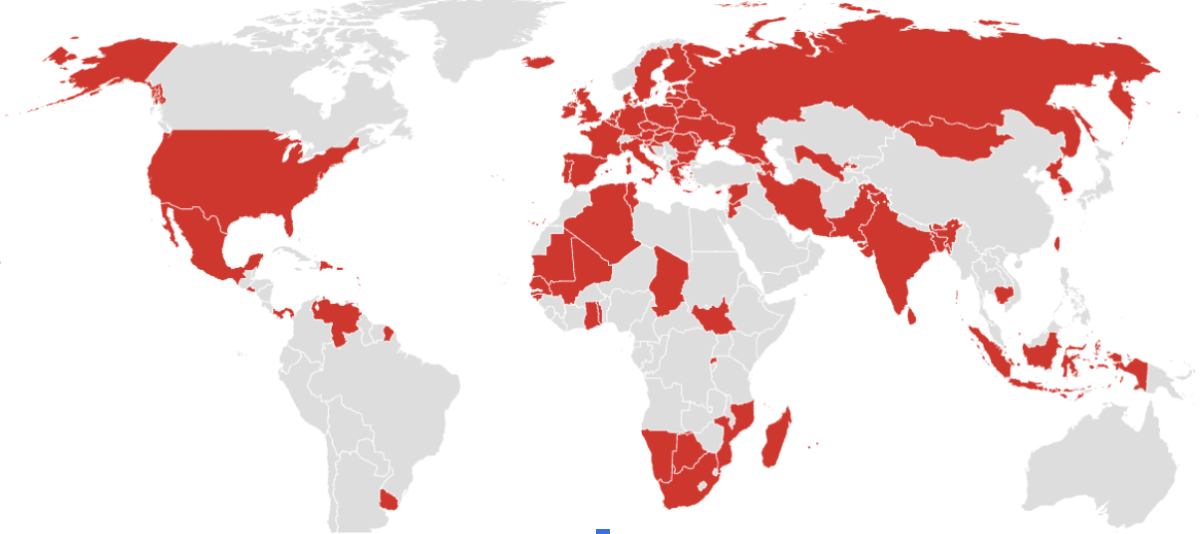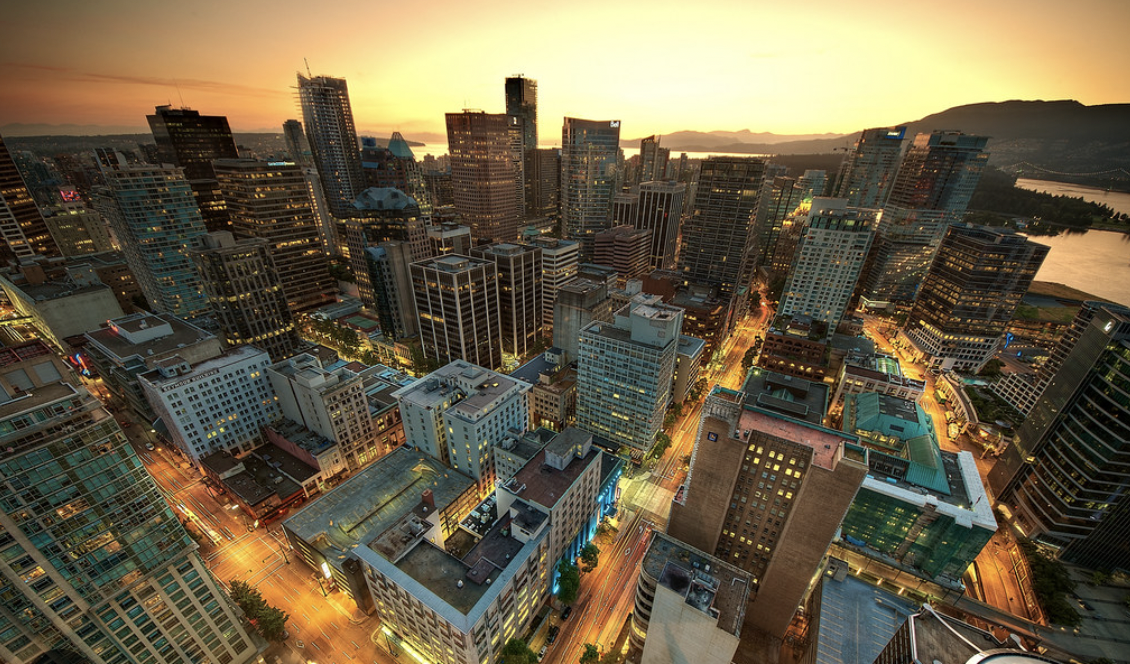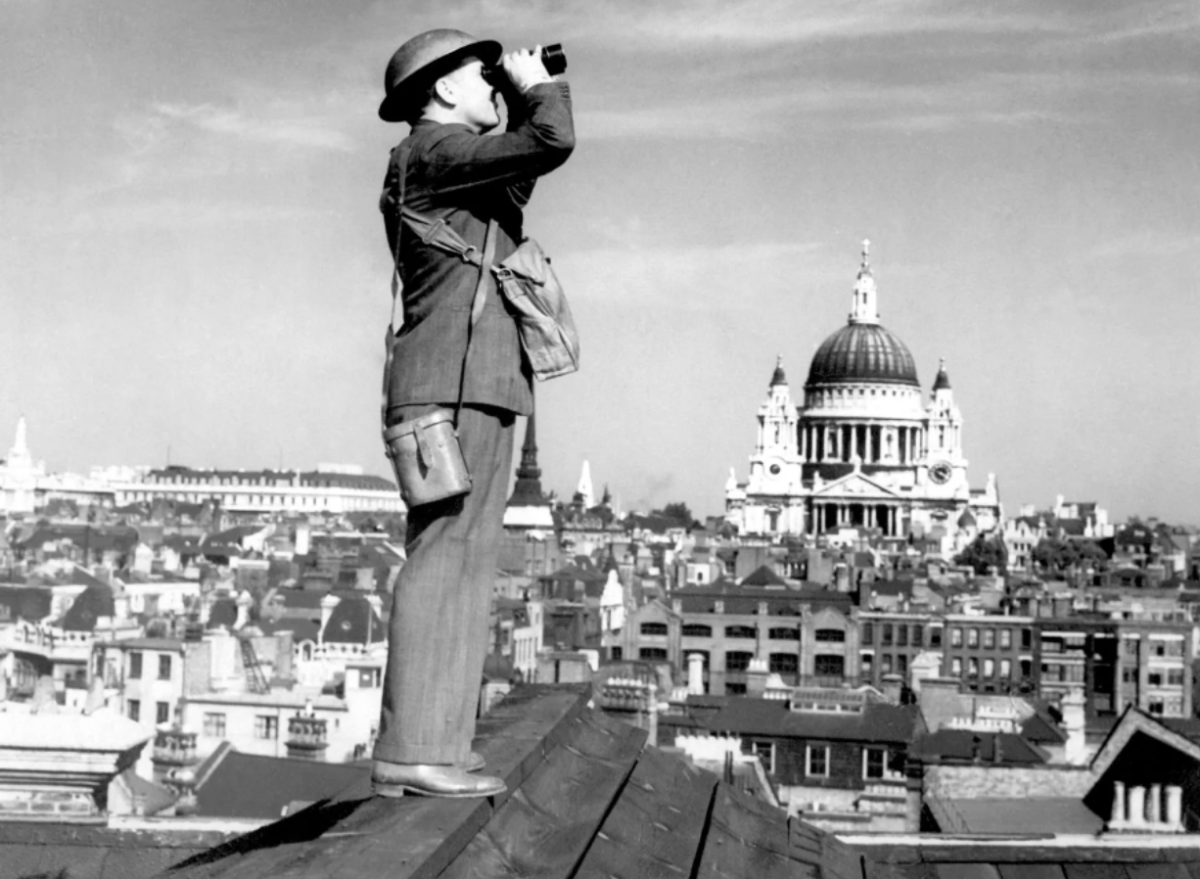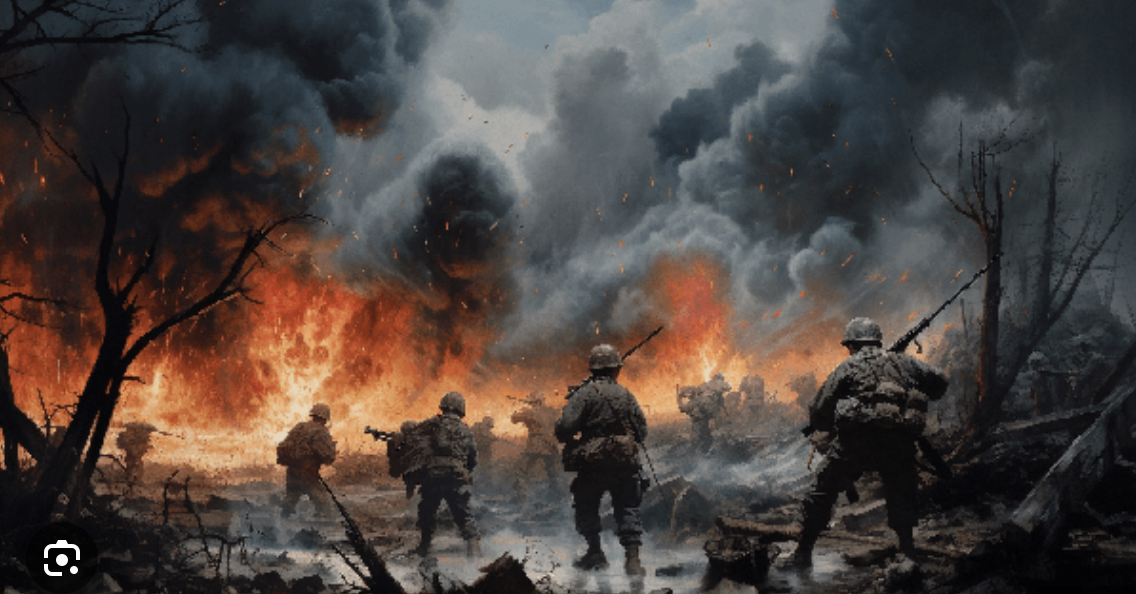Previously published Feb 28. 2021
Since October, the police brutality protests in Nigeria have been gaining attention and traction throughout Africa and have become further ignited with the Nigerian government threatening to punish movement leaders. The origins of these protests go back to the initial formation of these police units known as The Special Anti Robbery Squad, which was meant to combat crime rates that had increased in Nigeria; however, the goal of these units diverged from this purpose to the point where most of these officers were better known for committing acts of violence towards innocent citizens, rather than protecting them. They were explicitly seen targeting lower-income black men, and Amnesty International recorded that there are at least “82 reports of torture, ill-treatment and extrajudicial executions by SARS officers between January 2017 and May 2020.” (Gladstone et al. 2020) Philomena Celestine, a 25-year-old woman, described her experience with SARS officers, illustrating how while driving home with her two brothers and four-year-old niece, SARS officers pulled their car over accused the family of being criminals while pointing guns and harassing her brothers. (Malumfashi, 2020) In early October, videos of an unarmed black man killed in Ughelli by SARS officers incited this nationwide movement to end police brutality. These protests sparked a response in Africa and had a significant amount of overseas influence. Many prominent celebrities in the US, such as Beyonce and Rihanna, have used their platforms to gain attention to these issues. The topic of police brutality has dominated social media through the BLM Movement in the US and the SARS Movement in Africa.
With the magnitude of these movements’ response, the Nigerian government is under more pressure to change its police system. As a response, President Muhammad Buhari addressed the citizens by claiming that many reform movements have been put into place to end this humanitarian crisis; however, citizens do not believe he will follow through with his plans. These injustices have been taking place for at least four years now. As the government has not taken action thus far, many citizens believe Buhari’s statements will predominantly appease the public. Furthermore, many protests have been associating SARS issues alongside COVID-19 to expand the protest topic to be that the government is generally ignorant of its citizens’ basic needs. The Nigerian government has had difficulty dealing with the pandemic because there have not been enough resources or testing materials for each citizen. So, not only are citizens more likely to get sick, but there is no way for the government to keep track of every case. As a result, many Nigerians have begun to view their politicians and government with cynicism and doubt towards their policies. Also, Nigerian authorities have been attempting to portray the protests as violent, accusing them of having “criminal elements.” (Paquette, 2020)
The issues surrounding the protests were heightened on a global scale during the Lekhi Massacre. In the Lekhi toll gate plaza, #EndSars protesters camped out, partaking in a peaceful protest when the electricity was shut off, and Nigerian police officers fired into the crowd. Ten people were estimated to have died, and videos of the event circulated, causing an international response that included the UN secretary-general condemning the violence. Again, President Buhari returned with similar statements, claiming that the government is hurting alongside its people. It is looking into the issue to prevent an event such as the one that took place from ever occurring again. He did not specifically address the shooting in Lekhi. He claimed that the violence taking place in Nigeria resulted from criminals who were against the idea of protesting, diverting the topic away from SARS officers. With the Nigerian government ignoring the effects of SARS brutality, the protestors will continue to be subjected to harsh treatment such as tear gas, shooting, and arrests; however, as the movement grows and expands over social media and holds more international influence, the Nigerian government will continue to be pressured to change its policing practices.
Sources
- Gladstone, Rick, and Megan Specia. “Nigeria’s Police Brutality Crisis: What’s Happening Now.” The New York Times, The New York Times, 14 November 2020, https://www.nytimes.com/article/sars-nigeria-police.html. Accessed 15 December 2020.
- Malumfashi, Sada. “Nigeria’s SARS: A brief history of the Special Anti-Robbery Squad.” Aljazeera, Aljazeera, 22 October 2020, https://www.aljazeera.com/features/2020/10/22/sars-a-brief-history-of-a-rogue-unit. Accessed 15 December 2020.
- Paquette, Danielle. “Why are people talking about Nigeria and #EndSARS?” Washington Post, Washington Post, 22 October 2020, https://www.washingtonpost.com/world/africa/endsars-nigeria-police-brutality-sars-lekki-protest/2020/10/22/27e31e0c-143d-11eb-a258-614acf2b906d_story.html. Accessed 15 December 2020.







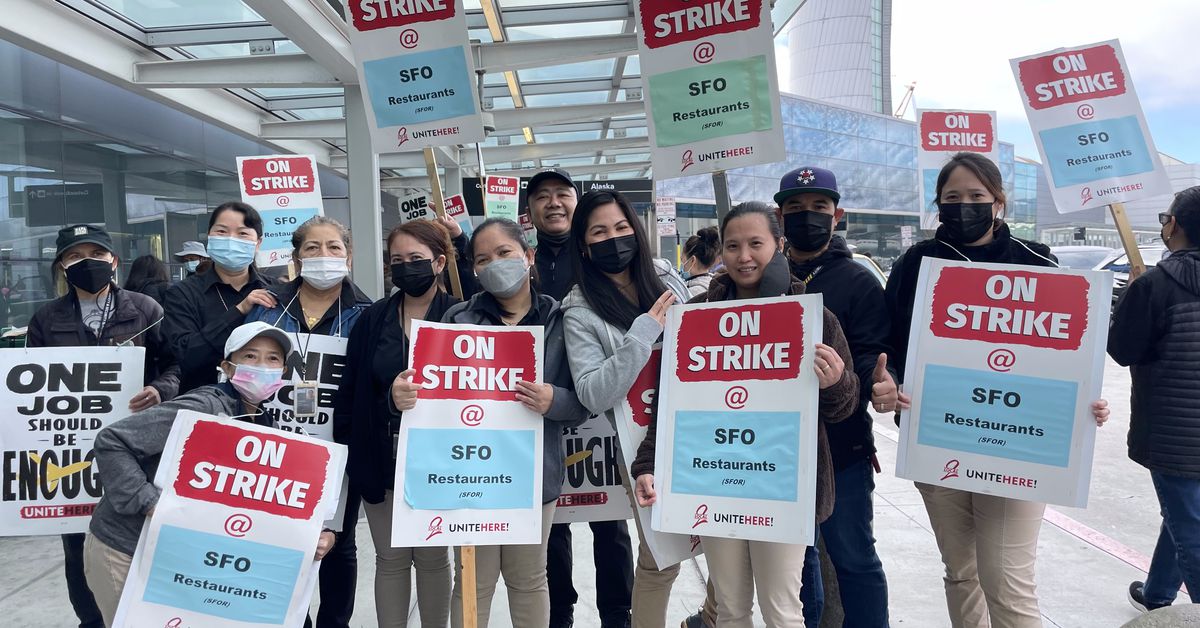


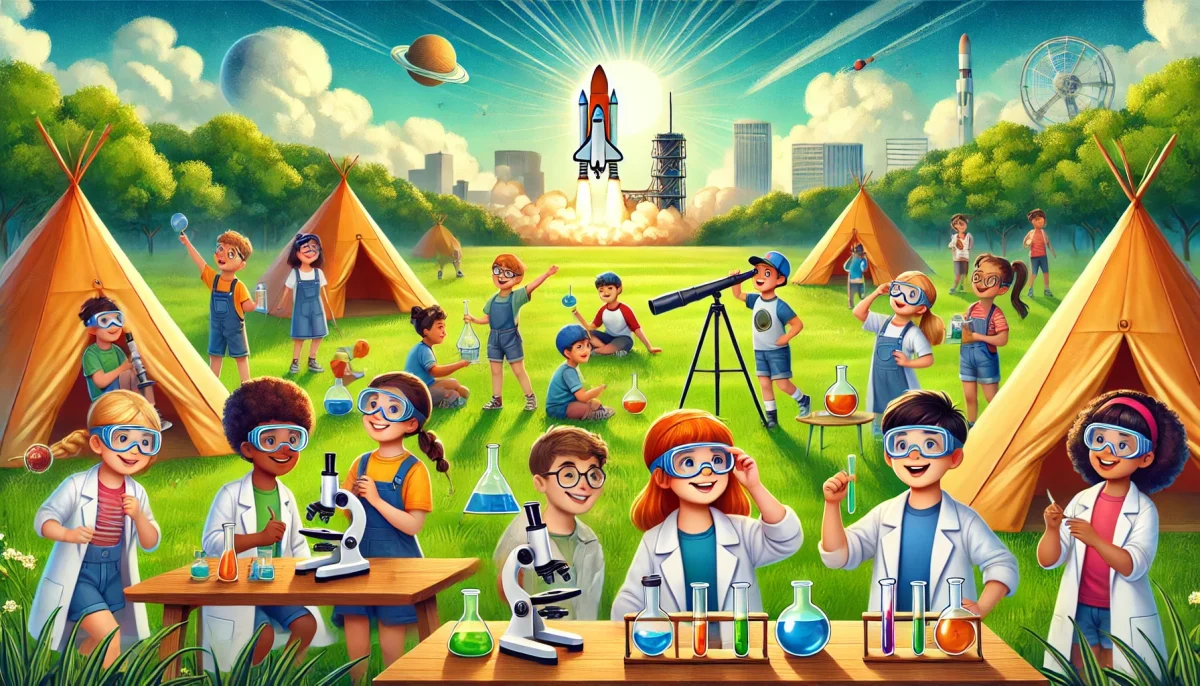



![Teacher [Milk] Tea: Part 2](https://bisvquill.com/wp-content/uploads/2024/03/Screen-Shot-2024-03-19-at-9.28.48-PM.png)
![Teacher [Milk] Tea: Part 1](https://bisvquill.com/wp-content/uploads/2024/03/milk-tea.png)




















